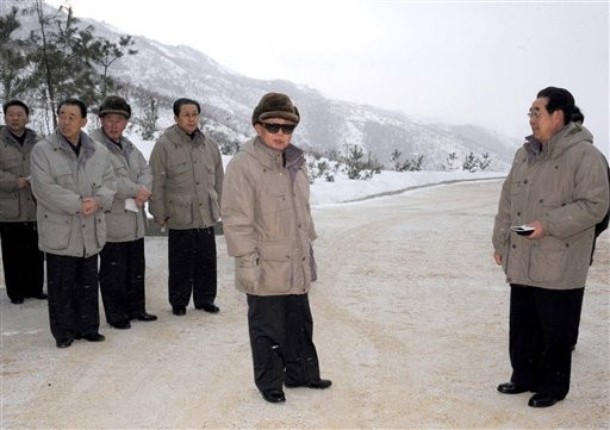
Nader Mousavizadeh's must-read piece on rogue states in Newsweek touches on what I think is the key issue confronting the U.S. - how it deals with the emergence of other powerful states that it can't control:
What Washington has failed to fully recognize is that the world that created "rogue states" is gone. The term became popular in the 1980s, mainly in the United States, to describe minor dictatorships threatening to the Cold War order. Then, after the Soviet Union collapsed in 1991, the main challenge to American dominance came from those states unwilling to accommodate themselves to the "end of history" and conform to U.S. values. The idea of "the rogue state" assumed the existence of an international community, united behind supposedly universal Western values and interests, that could agree on who the renegades are and how to deal with them. By the late 1990s this community was already dissolving, with the rise of China, the revival of Russia, and the emergence of India, Brazil, and Turkey as real powers, all with their own interests and values. Today it's clear that the "international community" defined by Western values is a fiction, and that for many states the term "rogue" might just as well apply to the United States as to the renegades it seeks to isolate.
He goes on to state that isolating and sanctioning these rogue regimes does not work. In Burma, all Western sanctions have accomplished is to strengthen the military junta and weaken the people. Such was the outcome in Iraq and North Korea during the 1990s and will likely be the outcome in Iran this decade. There are enough states to do business with a "rogue" to undermine most sanctions regimes.
So what to do? Mousavizadeh, echoed by Daniel Larison, argue for engagement. Here's Larison:
There is an idea at the core of every sanctions regime that â??rogue statesâ? are morally tainted, impure and not to be touched. Furthermore, there is an idea that these states can somehow pass this contagion on to states that enter into normal relations with them. This idea endures despite considerable evidence that it is through diplomatic contact, normal relations and trade that â??rogue statesâ? begin to be influenced by other nations and new ideas, which can ultimately lead to regime collapse or at least some beneficial internal changes.
I do wonder to what extent regimes like North Korea and Iran actually would want relaxed restrictions on their commerce and greater interactions with the rest of the world. I tend to think that North Korea's leadership rather likes its isolation and would respond to a serious engagement overture with a nutty act of violence to push relations back into their standoffish status quo.
I also think we need to distinguish between sanctions aimed at punishing the regime for its behavior, and sanctions aimed at weakening a state's capacity to make war or build weapons. The former rarely seem to work, while the later do seem to at least slow a state's progress toward their military goals.
(AP Photo)











